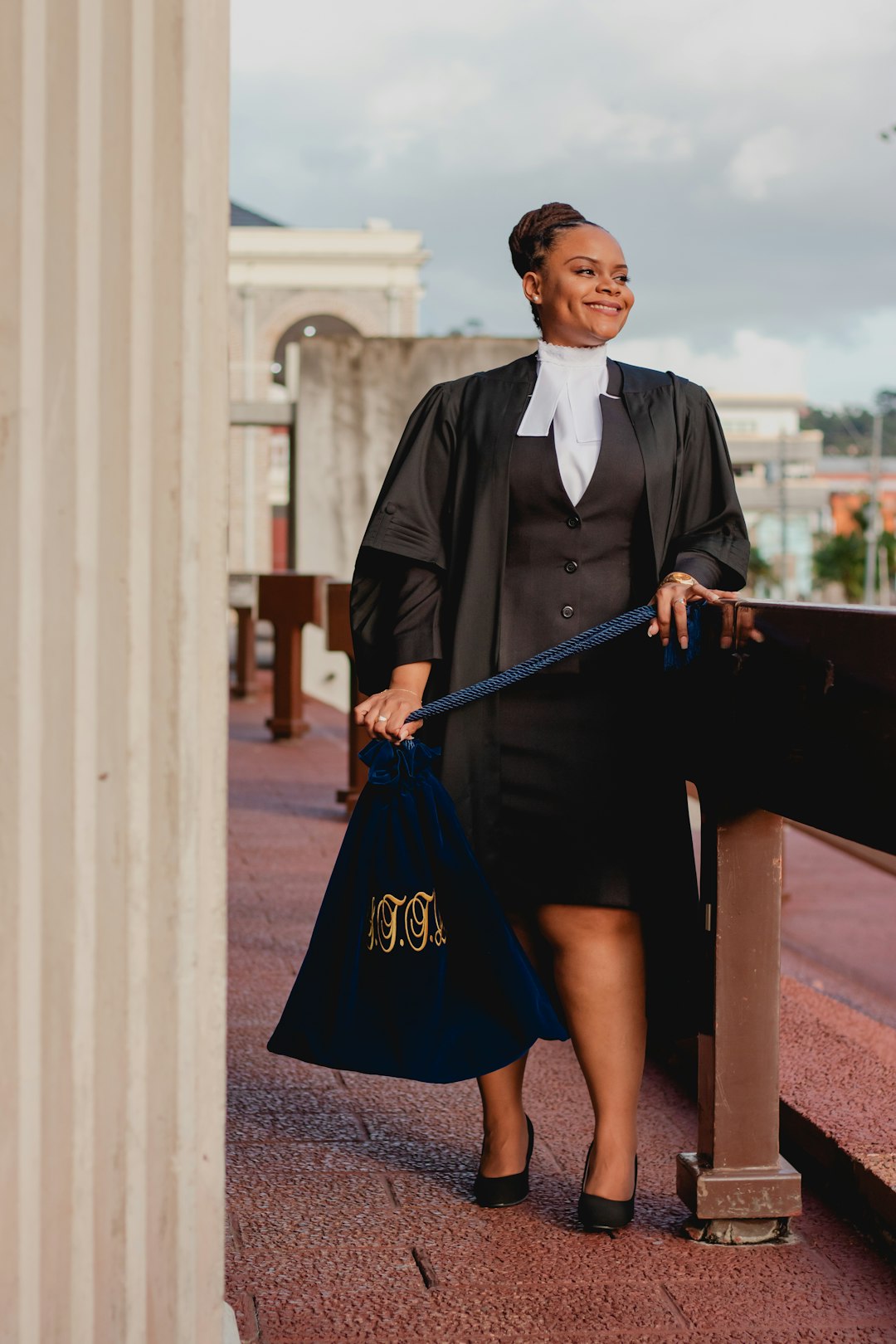Rhode Island's strict Do Not Call laws protect residents from telemarketing, impacting local businesses like Christmas tree farms in Glocester. These laws dictate call timing, frequency, and require explicit consent. Consulting a lawyer for Do not call Rhode Island is essential to navigate these regulations, develop effective marketing strategies, maintain customer trust, and avoid penalties.
In the spirit of the holiday season, we explore how Do Not Call laws in Rhode Island impact local Christmas tree farm marketing. This article delves into the unique challenges faced by these farms post-regulation and offers insights on effective marketing strategies. We discuss legal considerations for farmers and highlight the importance of compliance with Rhode Island’s Do Not Call laws, emphasizing the role a lawyer specializing in this area can play in navigating these complexities.
Do Not Call Laws: A Rhode Island Perspective

In Rhode Island, Do Not Call laws are designed to protect residents from unwanted telemarketing calls and have significantly impacted how local businesses, including Christmas tree farms, conduct their marketing strategies. As a state with stringent consumer protection regulations, Rhode Island has specific guidelines that businesses must adhere to when reaching out to potential customers. For instance, farmers selling Christmas trees directly to consumers often rely on phone calls as a primary marketing tool. However, they need to ensure compliance with the Do Not Call list to avoid legal repercussions and maintain customer trust.
Hiring a lawyer specializing in Rhode Island’s Do Not Call laws is advisable for local businesses to navigate this complex area of legislation effectively. These laws not only dictate the timing and frequency of calls but also require explicit consent from recipients. By consulting a legal expert, Christmas tree farms can develop marketing campaigns that respect consumer privacy while still promoting their seasonal offerings successfully.
Impact on Local Christmas Tree Farms

Local Christmas tree farms in Glocester, like many small businesses across Rhode Island, face unique challenges due to Do Not Call laws. While these regulations are designed to protect consumers from unwanted telemarketing calls, they can also hinder legitimate marketing efforts, particularly for seasonal businesses that rely on direct outreach to build customer loyalty and secure sales.
Many Glocester residents, unaware of the legal protections afforded to them, may mistakenly report tree farm phone calls as unsolicited, leading to potential penalties for farmers. A lawyer specializing in Rhode Island’s Do Not Call laws can help these business owners navigate this complex landscape by ensuring compliance with regulations while developing effective marketing strategies that respect consumer privacy and avoid accidental missteps.
Marketing Strategies Post-Regulation

After the implementation of Do Not Call laws, including those in Rhode Island, Christmas tree farms in Gloucester had to adapt their marketing strategies. With reduced direct contact options, farms turned to digital marketing to reach customers. They optimized their websites for search engines and utilized social media platforms to showcase their products, share farm updates, and engage with potential buyers.
Additionally, these farms started collaborating with local businesses and community events. Partnering with schools for holiday workshops or participating in town fairs allowed them to expand their customer base while staying compliant with regulations. Engaging a lawyer specializing in Rhode Island’s Do Not Call laws was also beneficial; they provided guidance on marketing practices that respected consumer privacy while enabling effective promotion of the farm’s offerings during the festive season.
Legal Considerations for Farmers

Farmers in Rhode Island, especially those operating local Christmas tree farms, face unique challenges when it comes to marketing and customer outreach due to the state’s Do Not Call laws. These regulations are designed to protect consumers from unsolicited sales calls, but they can significantly impact a farmer’s ability to promote their business, especially during peak holiday seasons.
Glocester’s tree farmers must be mindful of these legal considerations when planning their marketing strategies. Engaging a lawyer specializing in Rhode Island’s Do Not Call laws is a prudent step. Such legal expertise can help farmers understand the boundaries of legitimate marketing practices and ensure they comply with the regulations, avoiding any potential penalties. By seeking guidance from a professional, local tree farms can effectively promote their products while respecting consumer privacy rights.






